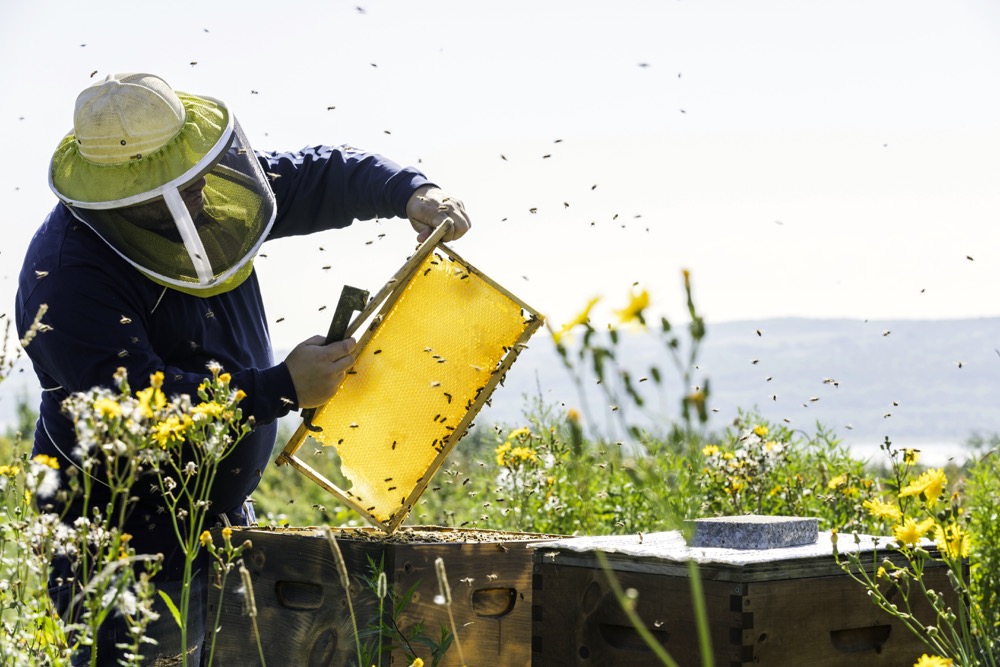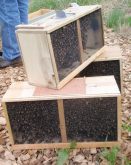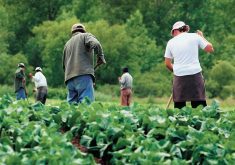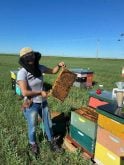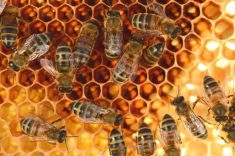The federal government’s decision to allow seasonal agricultural workers into the country is good news for Alberta’s beekeepers.
The ag sector had feared border closures would keep out these workers and devastate sectors such as fruit and vegetable production. But Canadian beekeepers also rely on temporary foreign workers — about 1,500 are hired each year across the country.
“We estimated that about 10 to 15 per cent of workers were here already,” Aaron Toma, an official with the Alberta Beekeepers Commission, said March 18.
Read Also

Alberta Pulse Growers fuelling young athletes with local protein source
A one-year partnership with School Sports Alberta to highlight benefits of pulses in student athletes’ diets in province’s 400-plus schools.
“The timing is terrible. It’s like last week and this week that the majority of them are going to come here.”
“It caused immediate concern for the beekeepers because any day, the weather will warm up and the bees will wake up, and then it gets really crazy,” added Connie Phillips, executive director of the Alberta Beekeepers Commission.
Temporary foreign workers will have to self-quarantine for 14 days, and their employers will have to ensure proper sanitary and social distancing procedures are being followed.
Some beekeepers may experience delays in their honey season, since it is taking longer for their workers to arrive.
“So guys will have to downsize a lot, and they won’t have as many hives this season because it won’t be manageable without the labour,” said Toma.
Most temporary workers who work in beekeeping operations come from the Philippines, Mexico, and Central American countries.
“All the bigger operations, they need labour and there’s no one domestically that they can hire,” said Toma. “Without these temporary foreign workers, a lot of businesses would have had to shut down.”
Beekeepers are required to provide medical insurance, and some insurance companies are no longer covering workers if they become ill from COVID-19, leaving beekeepers to look for other ways to insure their workers.
“There’s still some wrinkles to be ironed out,” said Phillips.
Many beekeepers in the province have been hit hard by cool and rainy weather in recent years and have seen production fall sharply. Not being able to hire seasonal workers would have been a major blow, said Phillips.
“Some people would not recover, especially after the last two or three years,” she said.


